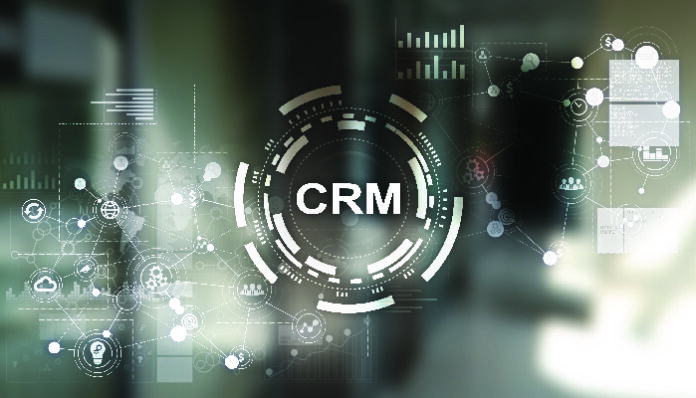Every organization now depends on data for all strategic decisions. One of the best sources of good data is an integrated CRM and ERP, which goes a long way to help organizations achieve the data quality and detail required to forecast and control customer outcomes.
Customer relationship management (CRM) and enterprise resource planning (ERP), like two sides of the same coin, work together to keep the marketing organization functioning smoothly. Despite the fact that they have a lot in common and are often used interchangeably, they each play an essential role in an organization.
CRM applications and software play a critical role in one of the most critical functions of ERP- for marketing and lead generation.
Also Read: Achieving Sales and Marketing Alignment in 2022
How CRM and ERP work together
Any input salespeople receive about the product—whether it’s about quality, delivery, or mechanical or technical issues—becomes a part of the CRM database. In a CRM app that’s integrated with the ERP platform, this data is made available to all teams in the organisation. It can help all the processes in the organisation deliver excellence- production, supply chain or marketing and sales.
The customer feedback ingested into the CRM platform and database can help production or any other team to identify gaps in the product quality. For instance, if the problem is late product delivery, the plant manager may discover bad resource planning in the ERP employee data and change shift planning or hire extra workers. If consumer complaints indicate technology faults, this data would be available to the technology team, and the ERP dashboard for the product development teams, allowing them to work on a better design.
Benefits of ERP and CRM Integration
ERP and CRM software solutions work together to assist the company in achieving its objectives. Through communication, planning, and product information, combining ERP and CRM enhances business culture, management, HR, and the research and development team, respectively.
Communication
When information silos are torn down, organizations perform better. The customer data of a CRM platform is a wealth of information that updates much of the back-end of the business.
Use data from consumer feedback, purchase trends, and other sources to determine how well the organization operates in production, customer service, and other areas. Opening CRM data to the rest of the company improves openness and allows employees to work together across departments to solve challenges.
Also Read: Five Strategies to Successfully Launch Cross-Border E-Commerce Business
Planning
Customer relationship management is integrated into enterprise resource planning, which aids in business planning. Using CRM data, a company may better anticipate ebbs and flows in production, delivery requirements, and the personnel and materials needed across the supply chain.
CRM data from recently closed sales or service renewals initiates a cascade of up-chain planning to satisfy order fulfilment targets.
Quality of the product or service
Integrating CRM solutions with ERP systems might help the company enhance product or service quality by analyzing salespeople’s interactions with customers.
Customer dissatisfaction reflects internal product or service shortcomings that must be addressed. A competent ERP system will warn management and point to a larger internal issue when accounting data indicates unusual returns or when the same complaint is logged in the CRM. Addressing product or service concerns effectively will result in happier customer data in the CRM.
Businesses may use the streamlined data from integrated ERP and CRM solutions to improve their performance and drive client loyalty.
For more such updates follow us on Google News TalkCMO News.







